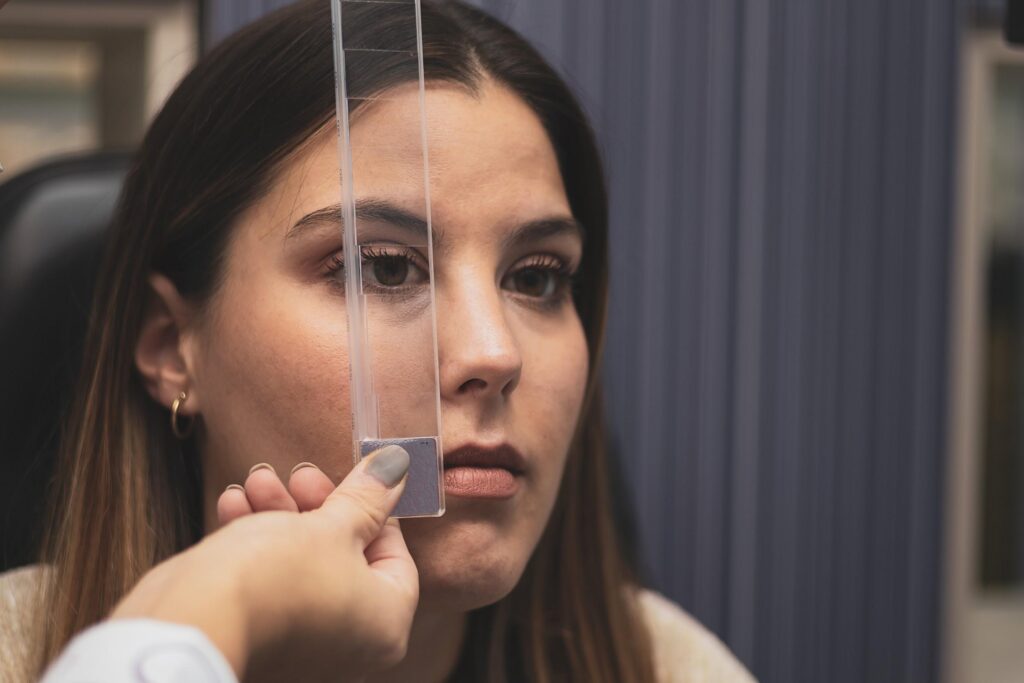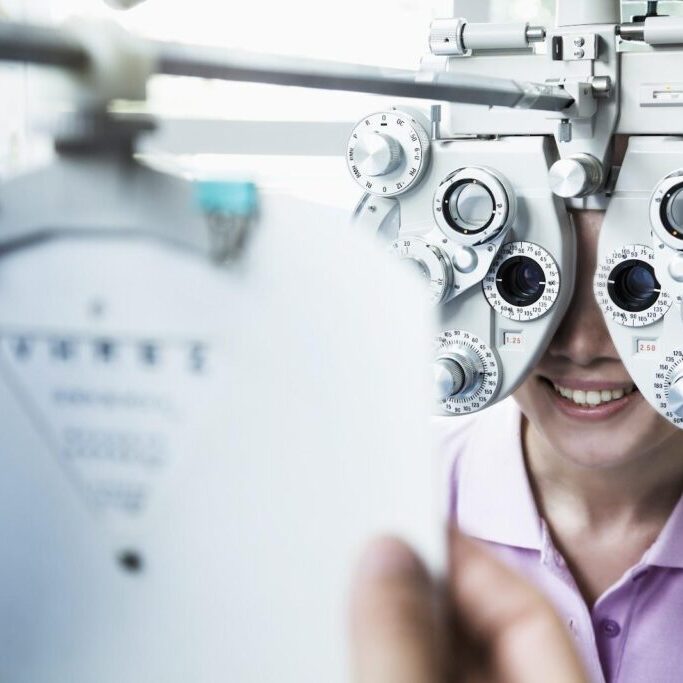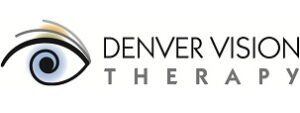Functional Vision Evaluation
Initial Evaluation
The initial evaluation explores visual function, visual processing, and goes above and beyond ’20/20′ vision. Our doctors will evaluate if the eyes can move accurately (eye tracking), keep vision clear (eye focusing), and work together to give accurate depth perception and single vision (eye teaming). There is typically specialized testing performed by a vision therapy technician to explore visual field and visual information processing. This includes analytical testing to assess visual functional skills and expose any deficits that interfere with performance.
The Functional Vision Evaluation (FVE) is not the same as a regular (routine) eye exam. A glasses prescription may be determined at the FVE appointment, however, the health of the eyes is not typically evaluated, and a dilated eye exam may be scheduled at a separate appointment.

Consultation appointment
One week after the Functional Vision Evaluation, a consultation will be scheduled to review the results of the testing. Reports are provided to explain the results in detail and a graph shows how the individual performs relative to age-matched norms. Reports are also provided for the referring doctor, pediatrician, primary care doctor, teacher, and any other professional per patient request
Routine Vision Exam
Our doctors also perform routine eye examinations to check clarity of vision, eye health, and determine a prescription for glasses. These visits often include dilation to ensure accurate results and thorough evaluation of eye health. If any ocular disease is detected, it will be referred to the appropriate provider for management. If a binocular vision deficit is detected during a routine eye exam, we may have you schedule a separate Functional Vision Evaluation to further explore eye teaming, tracking, focusing, and visual processing skills depending on what testing we are able to perform that same day.
The following patients are good candidates for a routine eye exam at Denver Vision Therapy:
- If you suspect you may need a specialized prescription with prism, tint, sectoral occlusion, or a prescription for a sensitive visual system
- Patients with acquired brain injury or concussion
- Infants and young children who are too young to be seen by a primary care optometrist
- Patients with developmental delay, autism, or other unique conditions

